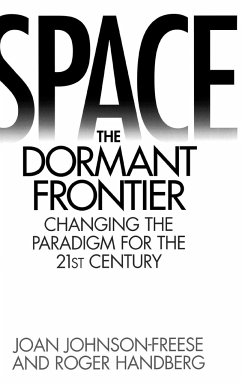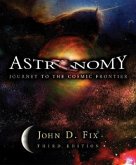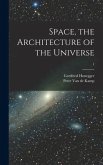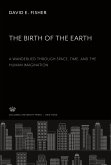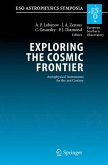This work takes a look at the state of the US space programme as a whole, not just at the civil or military side as most books have done in the past. Part of the author's treatise is that the two communities must stop ignoring each other if the space programme is to become more than just a science project, a jobs programme or a political football. The authors make bold assertions as to why space has been stuck in neutral for so long and how it got into its current state by looking at who has a vested interest in the status quo. After a careful analysis, this work provides policy recommendations and a vision for the future.
Rather than examining only the civil or military side of the US space program, as have many books in the past, Space, the Dormant Frontier takes a unique look at the space program as a whole. Part of the book's treatise is that the two communities must stop ignoring each other if the US space program is to move forward beyond being a science project, jobs program, or political football. How the program got into its current, semi-desperate state is also examined, as history has given space a legacy once glorious, now an albatross. The authors include information and analysis on the military and civil space programs, challenge the perspective of the Washington Beltway analyst with vested interests in the status quo, and make policy recommendations based on realism, rather than idealism.
Rather than examining only the civil or military side of the US space program, as have many books in the past, Space, the Dormant Frontier takes a unique look at the space program as a whole. Part of the book's treatise is that the two communities must stop ignoring each other if the US space program is to move forward beyond being a science project, jobs program, or political football. How the program got into its current, semi-desperate state is also examined, as history has given space a legacy once glorious, now an albatross. The authors include information and analysis on the military and civil space programs, challenge the perspective of the Washington Beltway analyst with vested interests in the status quo, and make policy recommendations based on realism, rather than idealism.

